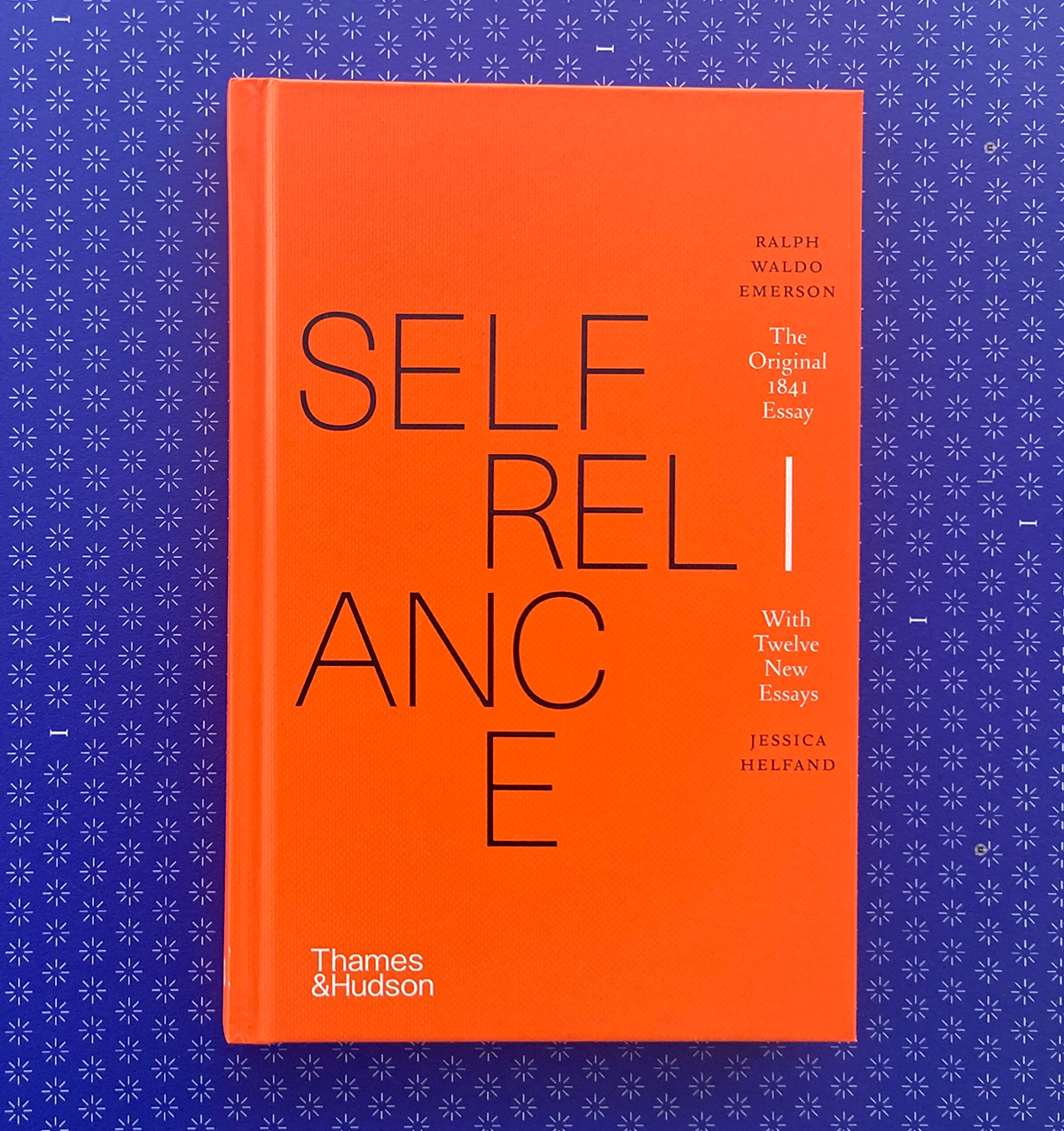
December 31, 2009
Self-Reliance
The Self-Reliance Project began in the spring of 2020 as a daily essay from Jessica Helfand about what it means to be a maker during a crisis—to think through making, to know yourself better through the process of producing something—and how this kind of return to self-knowledge might just be the entire point.
It’s title comes from the 1841 essay on self-reliance by the American writer Ralph Waldo Emerson, who wrote with astonishing clarity about the perils of conformity and consistency, about what it means to follow your mind, trust your instincts, and listen to your heart.
Do your work, and I shall know you. Do your work, and you shall reinforce yourself.
The Self-Reliance Project—combining twelve of the essays from this project with Emerson’s original text—goes on sale on May 6 in the UK and on May 18 in the US. The editors are pleased to bring you this brief conversation between Jessica Helfand and Jarrett Fuller, who collaborated on the book’s design.
Observed
View all
Observed
By The Editors
Related Posts
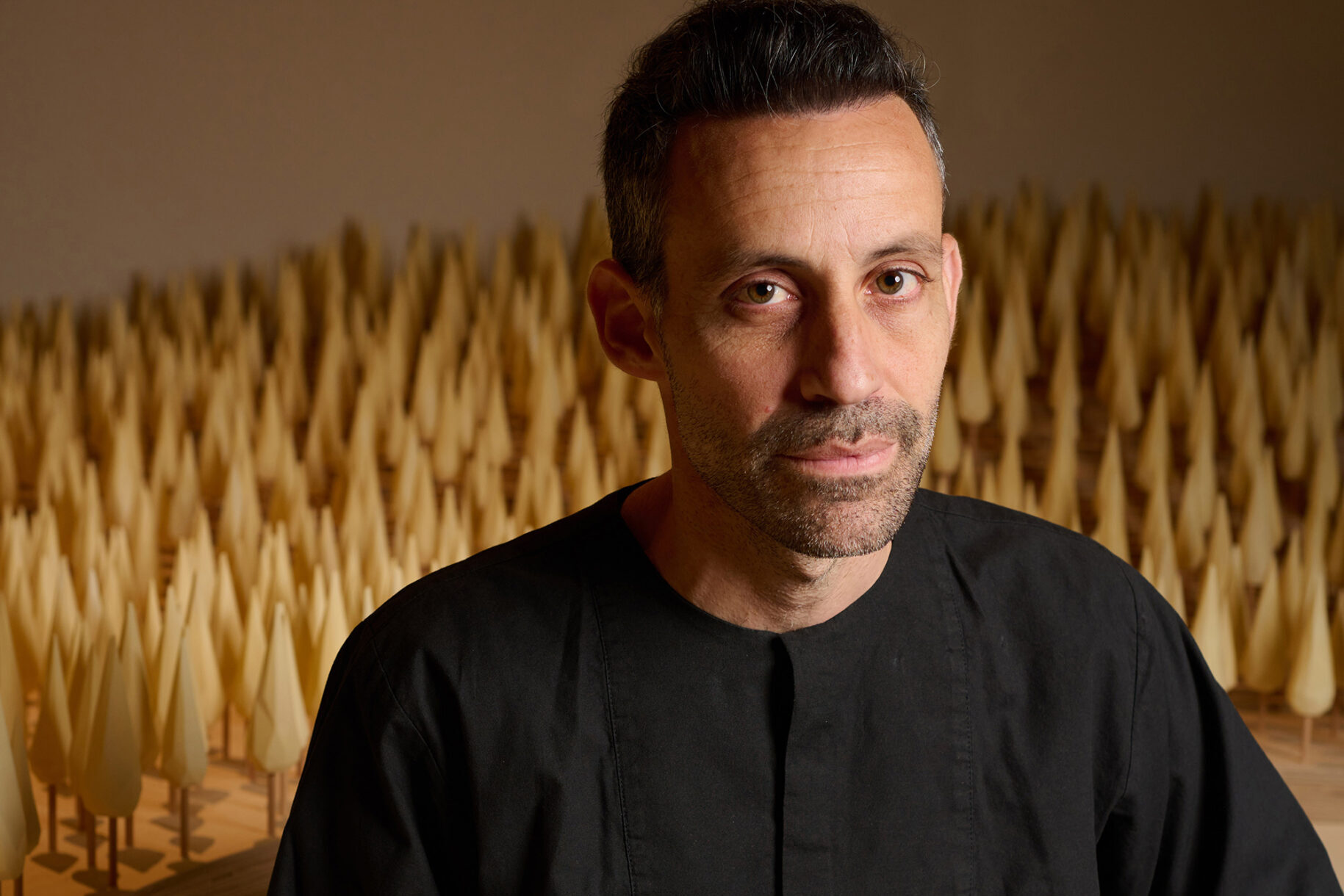
Sustainability
Delaney Rebernik|Books
Head in the boughs: ‘Designed Forests’ author Dan Handel on the interspecies influences that shape our thickety relationship with nature
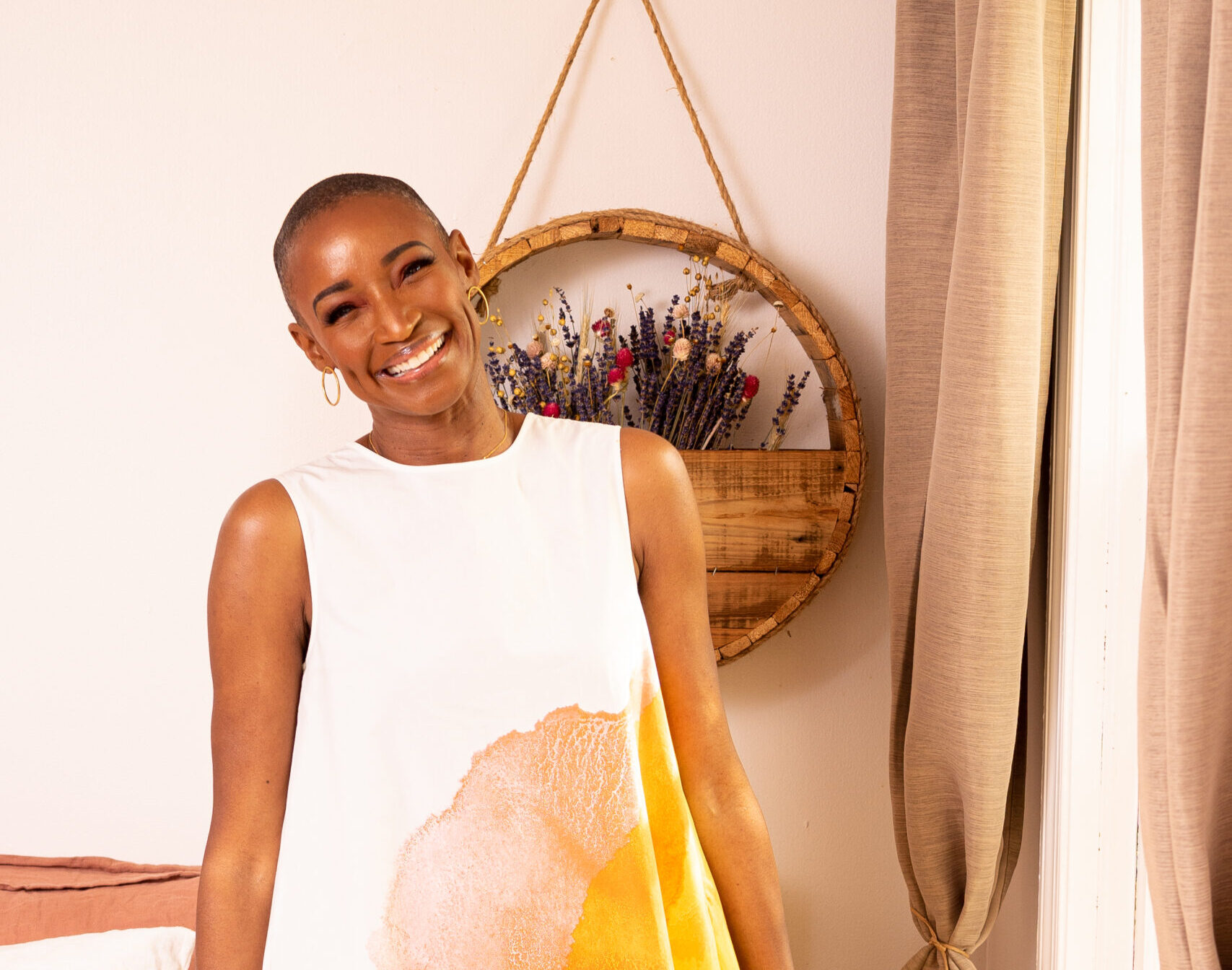
Design Juice
L’Oreal Thompson Payton|Books
Less is liberation: Christine Platt talks Afrominimalism and designing a spacious life
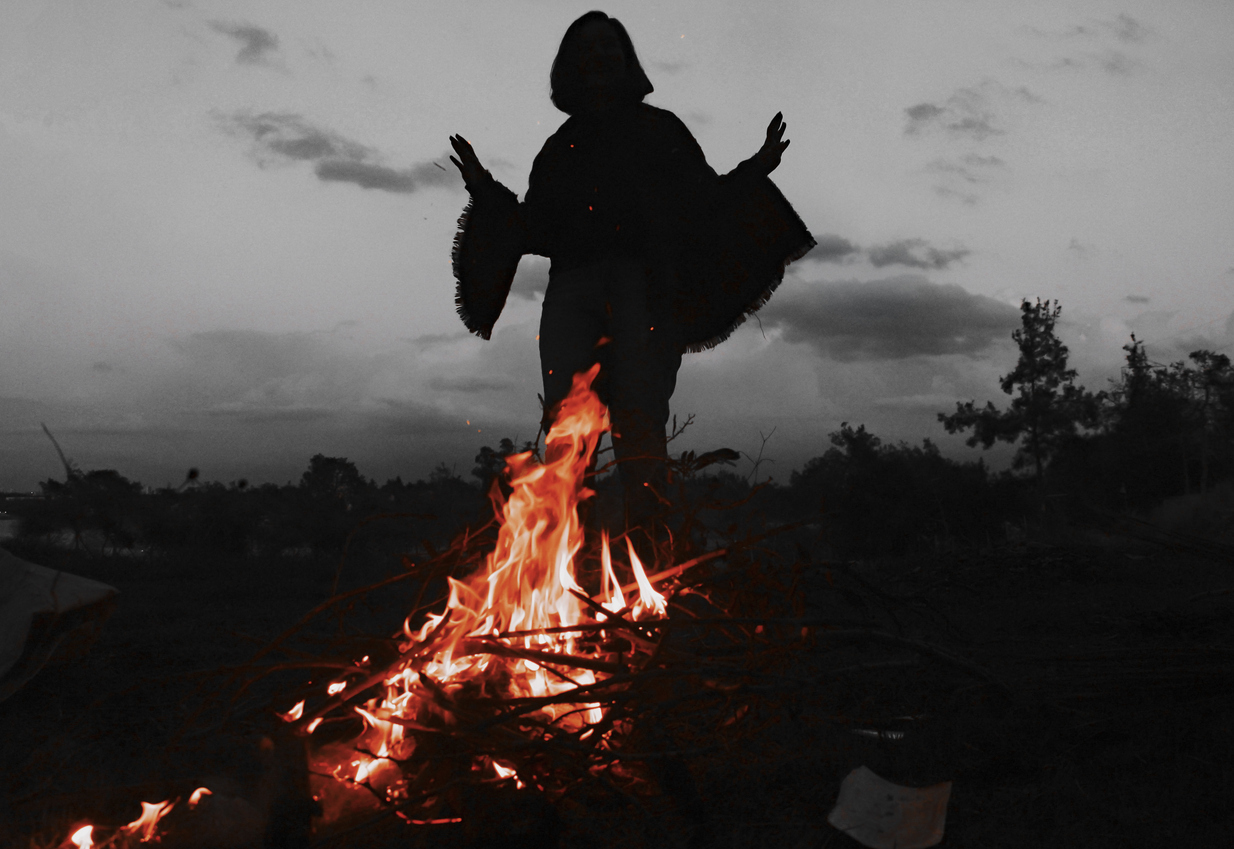
The Observatory
Ellen McGirt|Books
Parable of the Redesigner
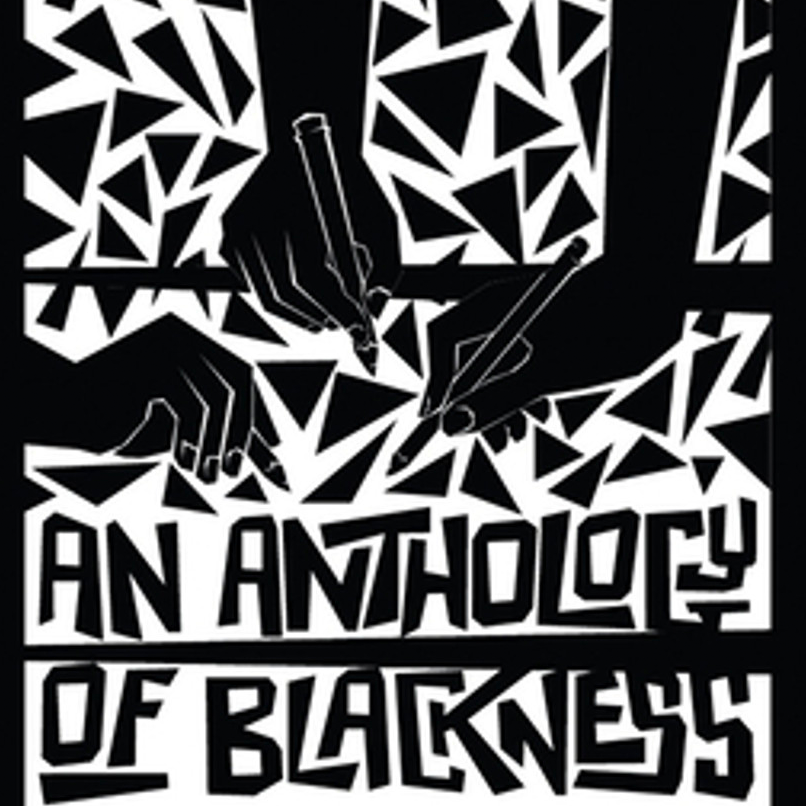
Books
Jennifer White-Johnson|Books
Amplifying Accessibility and Abolishing Ableism: Designing to Embolden Black Disability Visual Culture
Recent Posts
“Dear mother, I made us a seat”: a Mother’s Day tribute to the women of Iran A quieter place: Sound designer Eddie Gandelman on composing a future that allows us to hear ourselves think It’s Not Easy Bein’ Green: ‘Wicked’ spells for struggle and solidarity Making Space: Jon M. Chu on Designing Your Own PathRelated Posts

Sustainability
Delaney Rebernik|Books
Head in the boughs: ‘Designed Forests’ author Dan Handel on the interspecies influences that shape our thickety relationship with nature

Design Juice
L’Oreal Thompson Payton|Books
Less is liberation: Christine Platt talks Afrominimalism and designing a spacious life

The Observatory
Ellen McGirt|Books
Parable of the Redesigner

Books
Jennifer White-Johnson|Books

 Design Observer is edited by Michael Bierut and Jessica Helfand, with assistance from Betsy Vardell, Elizabeth Deverereaux, Chappell Ellison and Joanna Radin.
Design Observer is edited by Michael Bierut and Jessica Helfand, with assistance from Betsy Vardell, Elizabeth Deverereaux, Chappell Ellison and Joanna Radin.